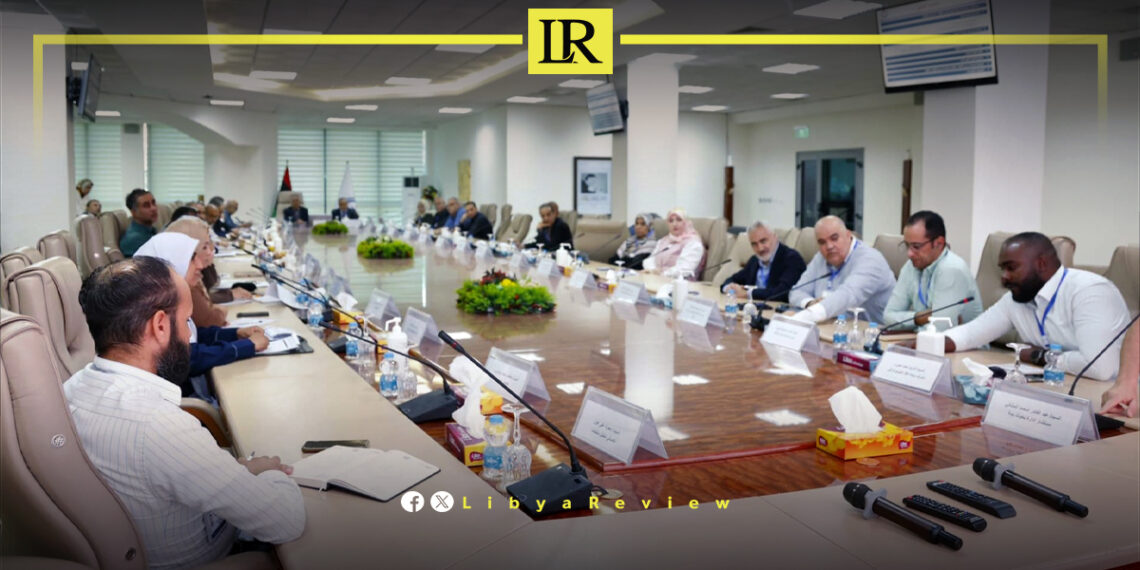The General Management Committee of Libya’s National Oil Corporation (NOC) met on Tuesday to discuss the ongoing preparations for executing future projects and mechanisms to increase oil production rates.
According to a post on the corporation’s Facebook page, the meeting, chaired by Masoud Suleiman and attended by general managers and directors of various departments, marked the seventh meeting of the year. The discussion focused on the progress of current projects and the preparations for upcoming ventures, as well as addressing any potential obstacles that might impede their execution, in line with the corporation’s strategy to boost production.
The meeting also reviewed methods to increase production rates and mechanisms for achieving optimal horizontal communication between departments to enhance job performance.
Libya’s oil production has rebounded to levels surpassing those before the settlement of a dispute at the Central Bank of Libya. Production had dropped from 1.15 million barrels per day in July to just 580,000 barrels per day in September, but the resolution of the conflict led to a resumption in production, which surged to 1.3 million barrels per day.
Libya has been in chaos since a NATO-backed uprising toppled longtime leader Muammar Gaddafi in 2011. The county has for years been split between rival administrations.
Libya’s economy, heavily reliant on oil, has suffered due to the ongoing conflict. The instability has led to fluctuations in oil production and prices, impacting the global oil market and Libya’s economy.
The conflict has led to a significant humanitarian crisis in Libya, with thousands of people killed, and many more displaced. Migrants and refugees using Libya as a transit point to Europe have also faced dire conditions.
The planned elections for December 2021 were delayed due to disagreements over election laws and the eligibility of certain candidates. This delay has raised concerns about the feasibility of a peaceful political transition.
Despite the ceasefire, security remains a significant concern with sporadic fighting and the presence of mercenaries and foreign fighters. The unification of the military and the removal of foreign forces are crucial challenges.


